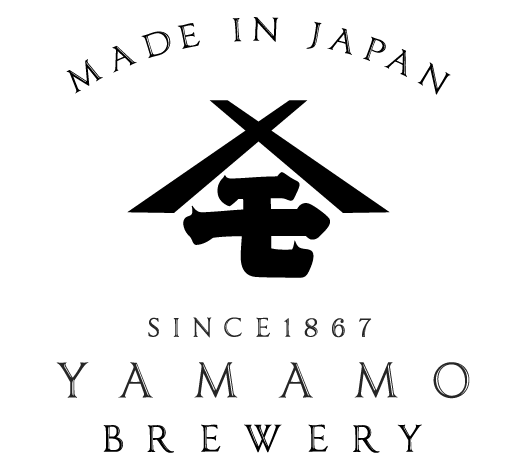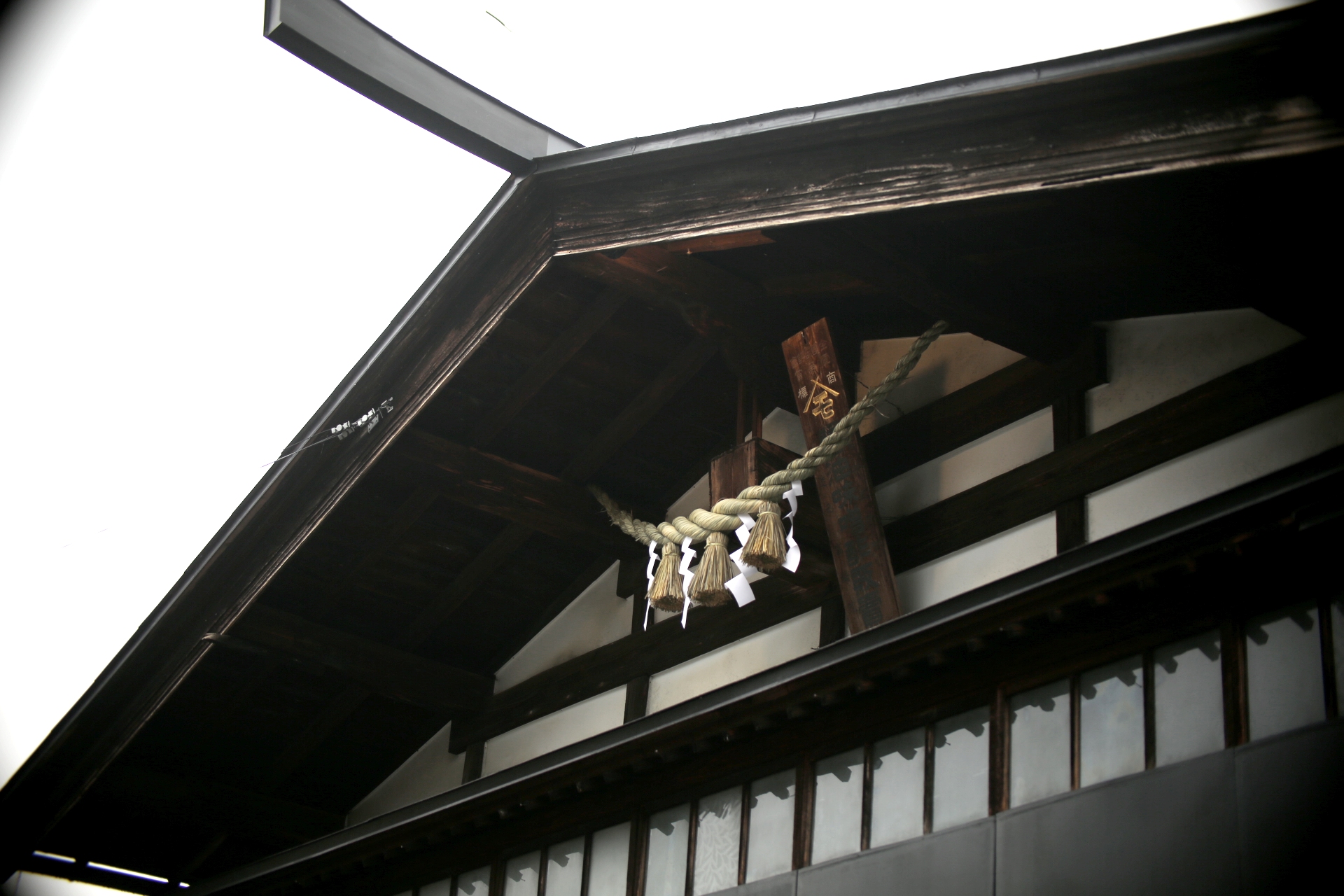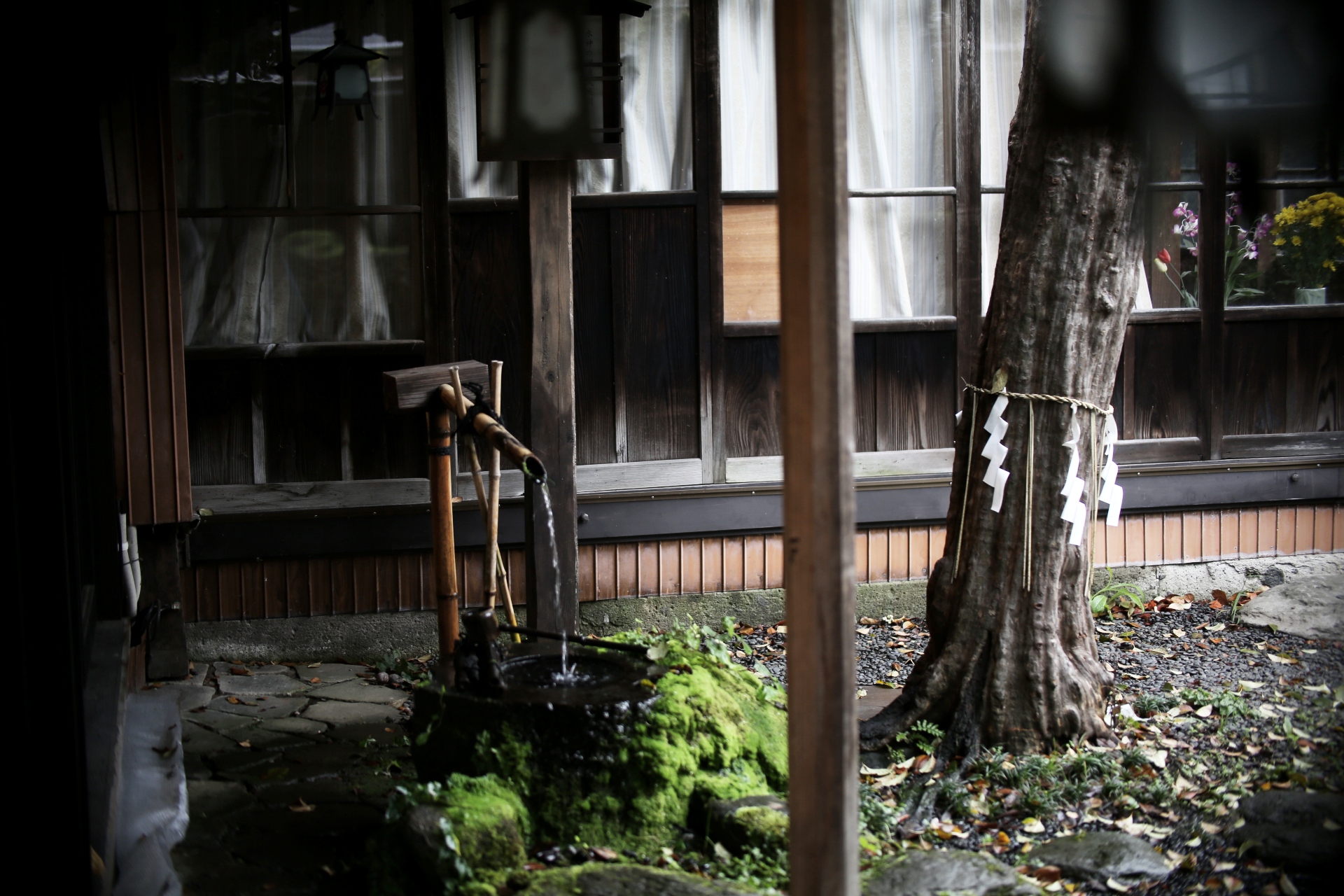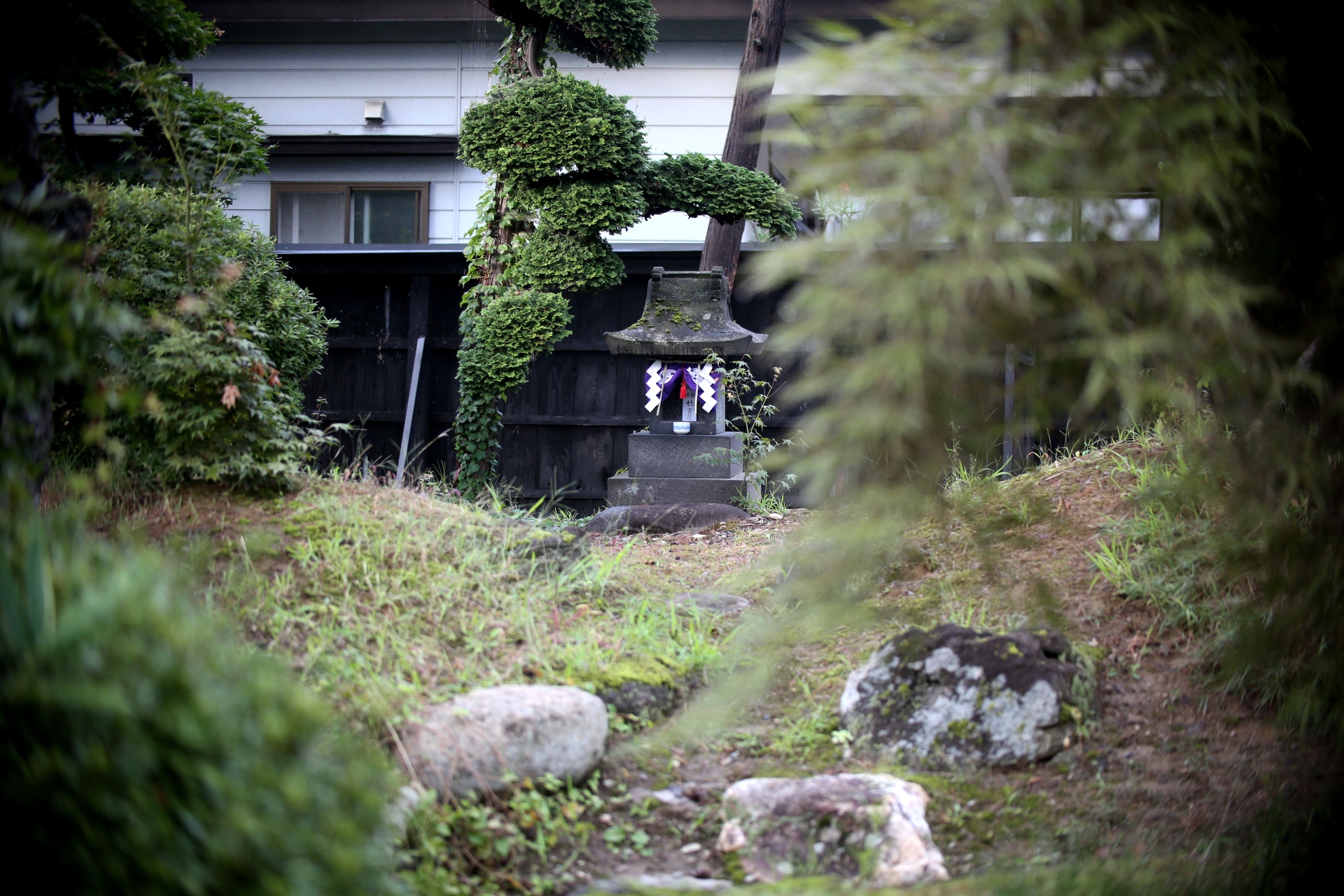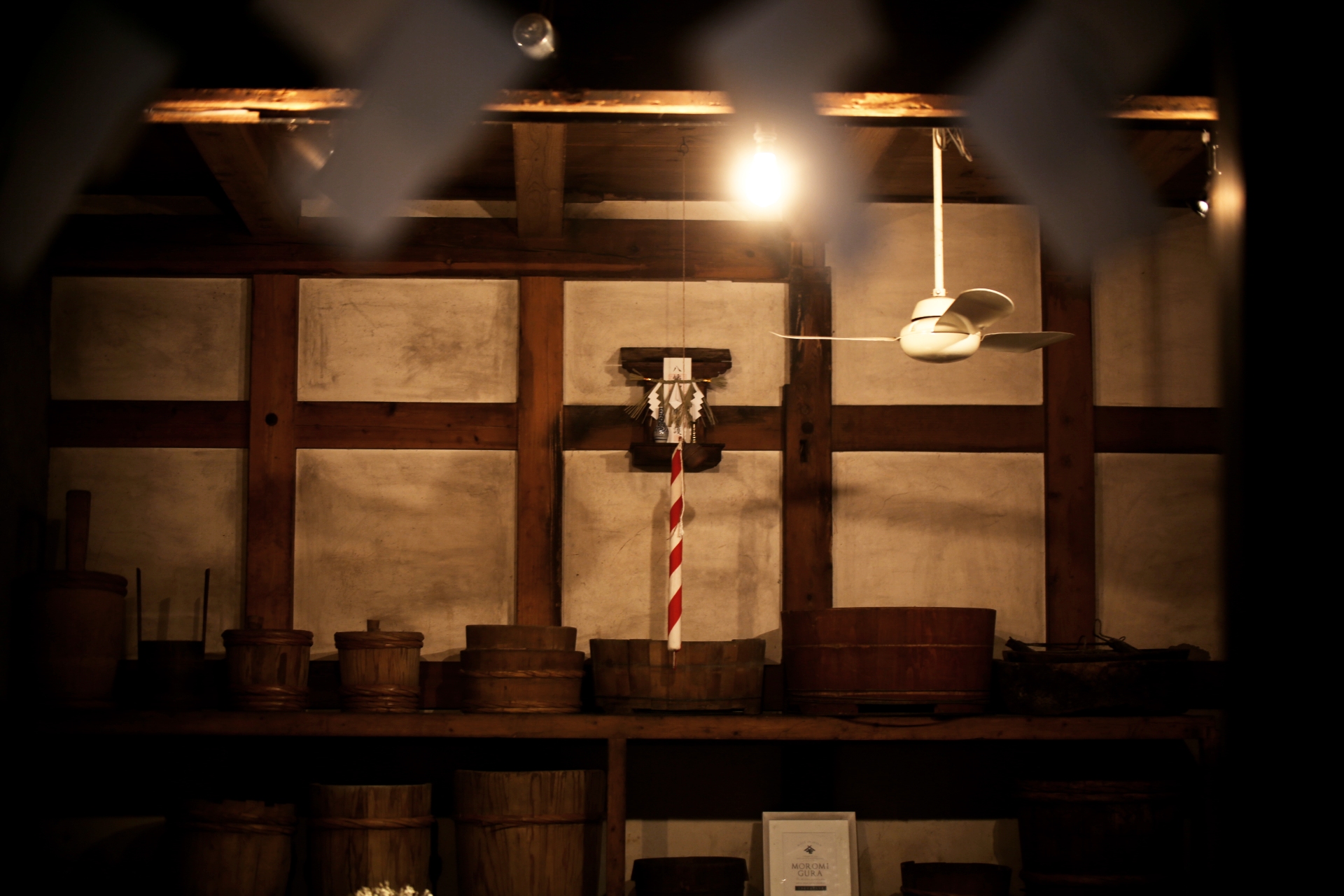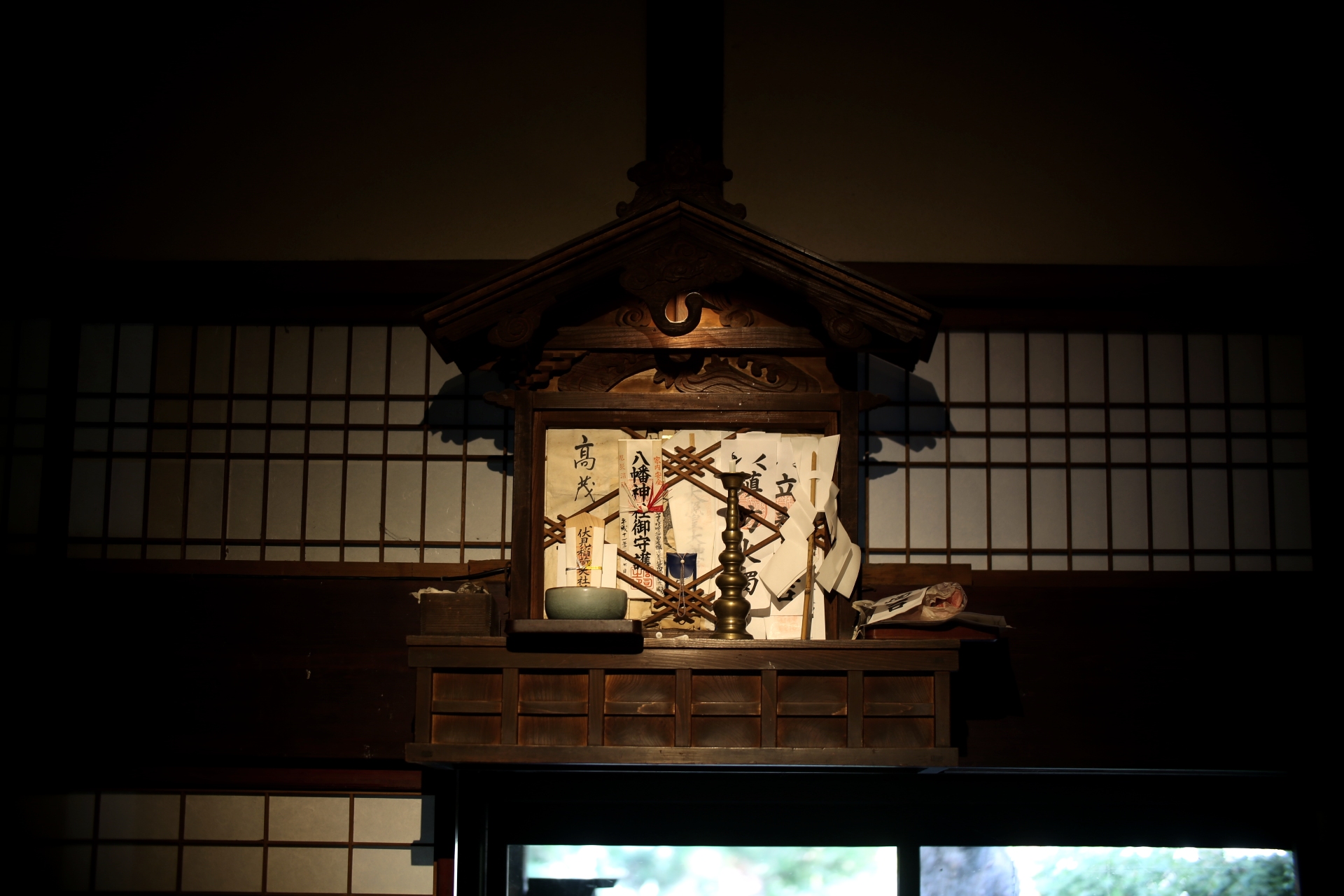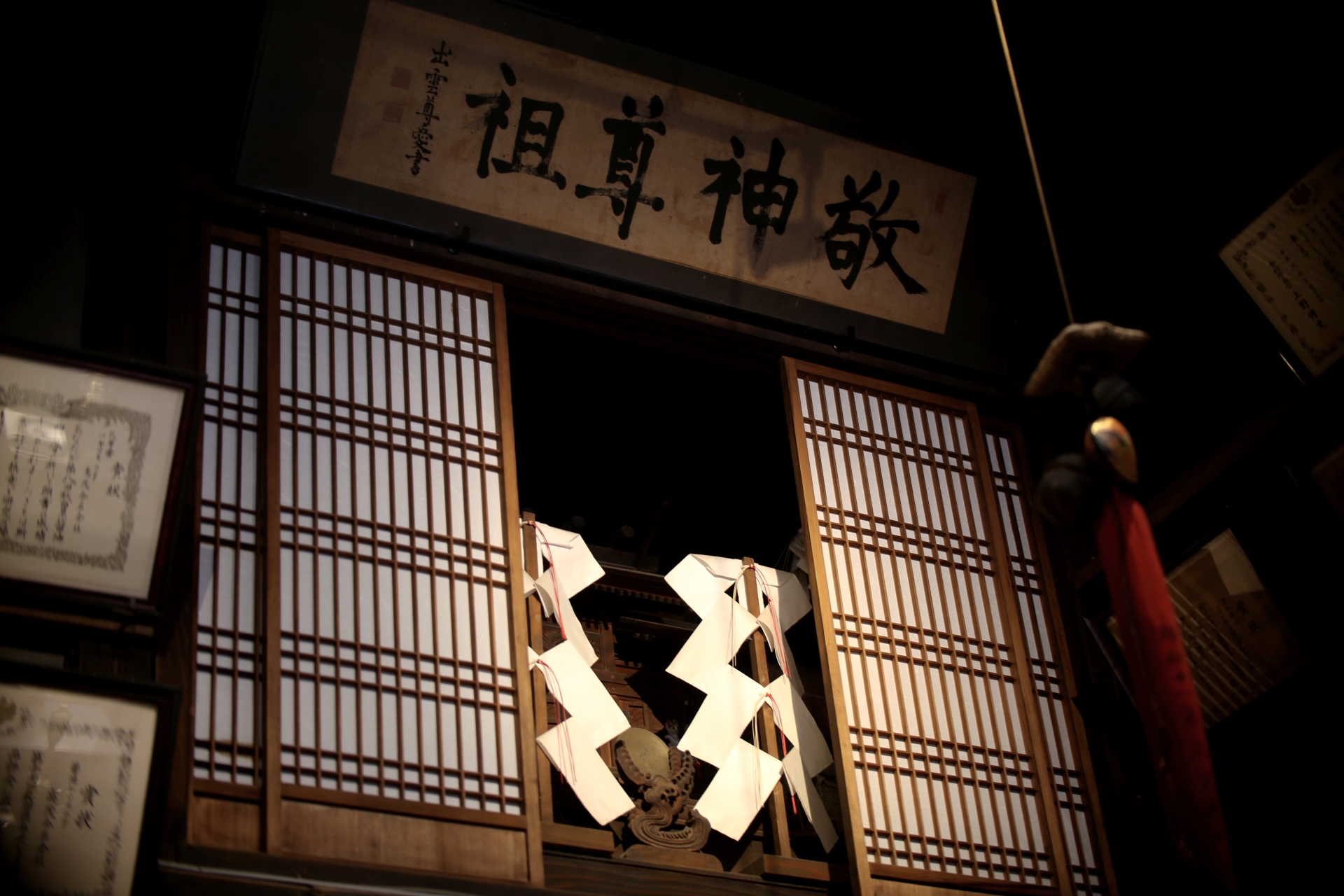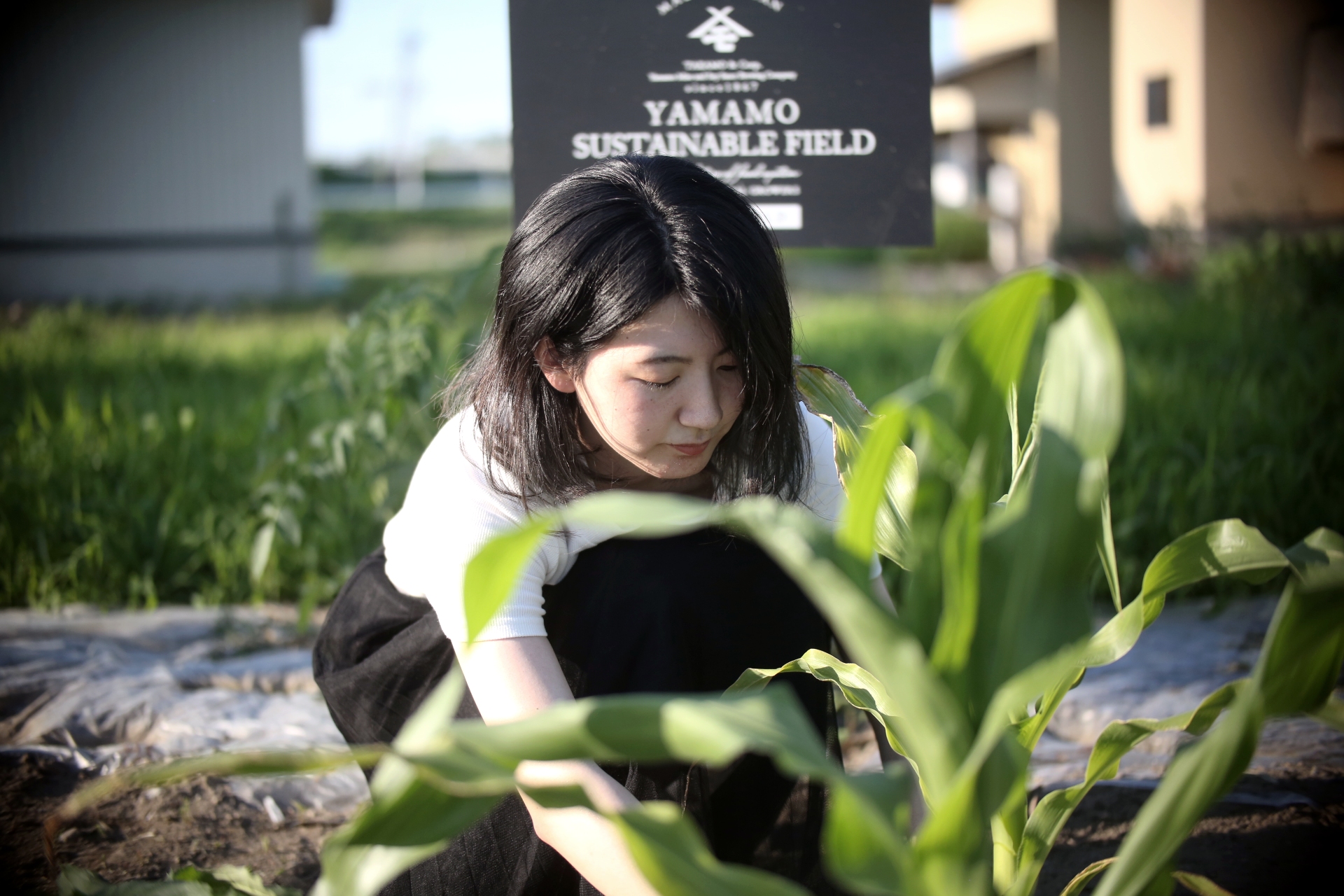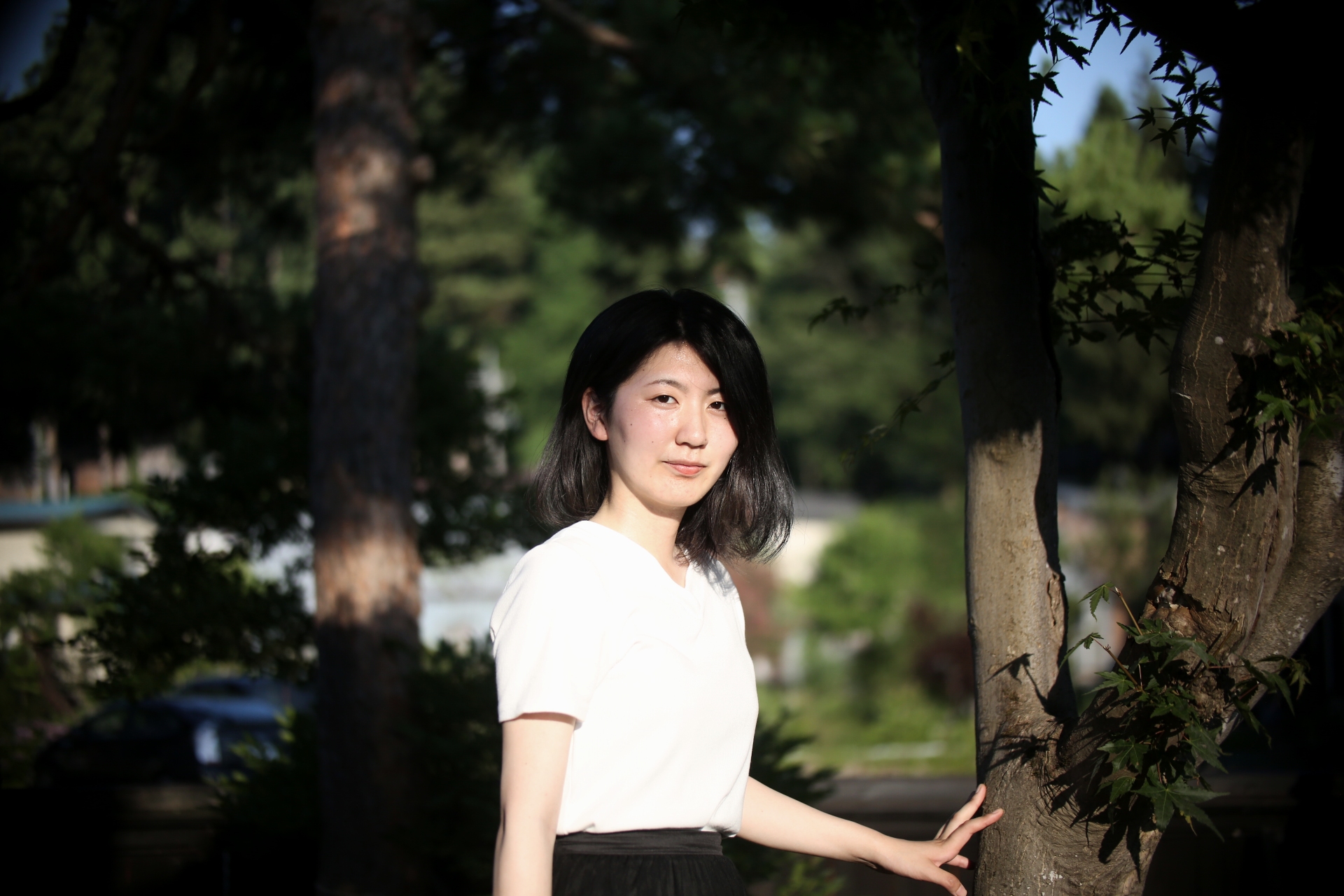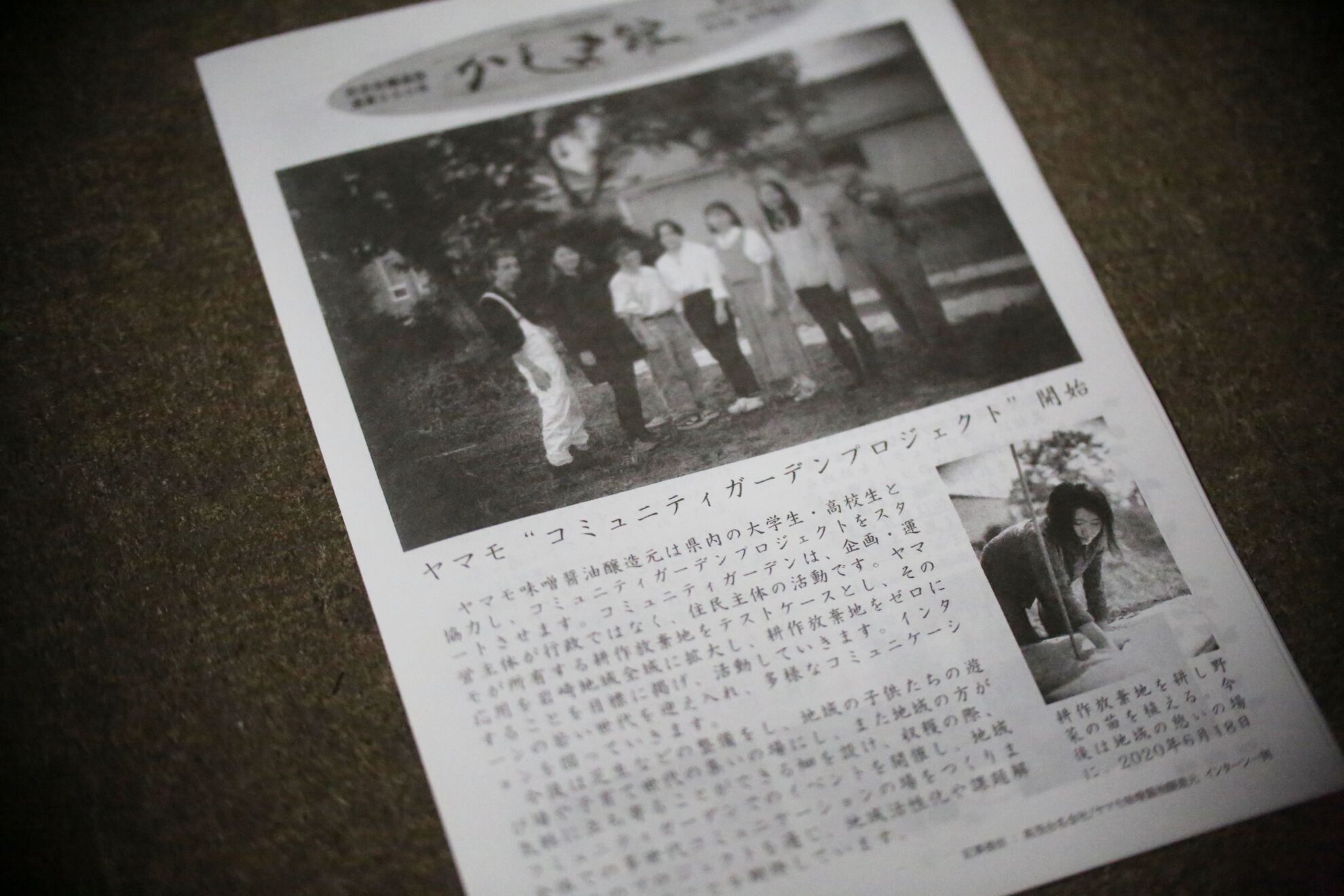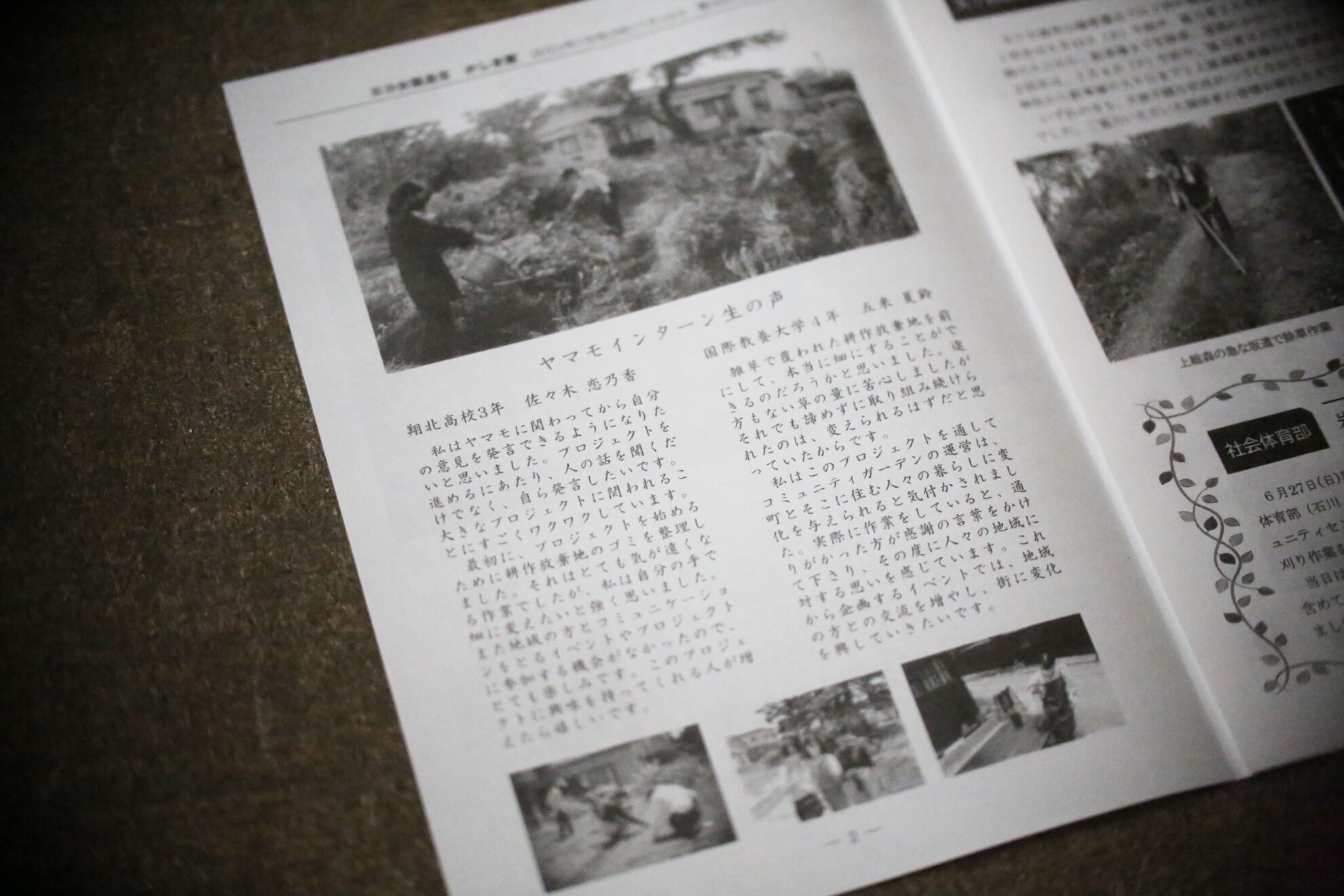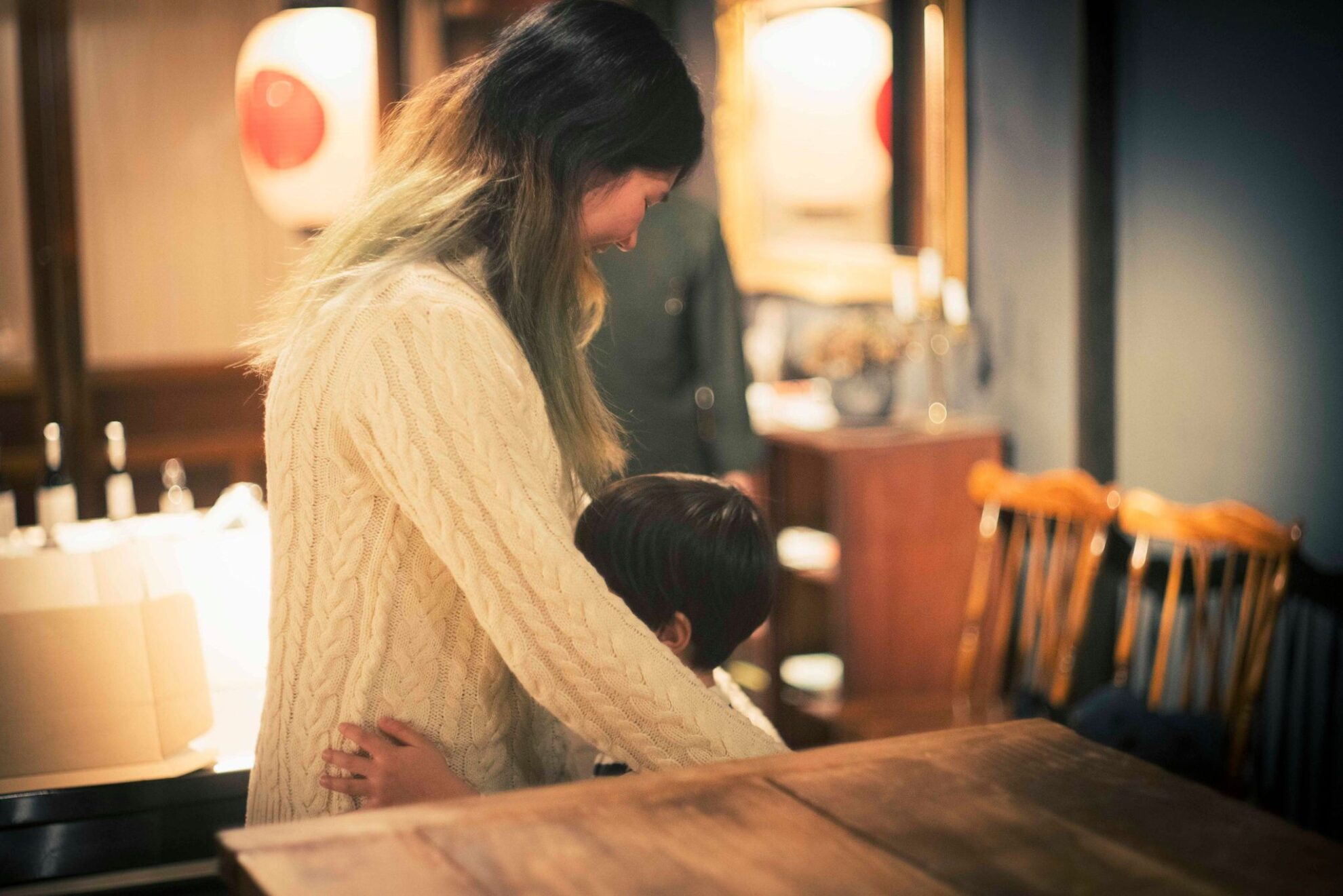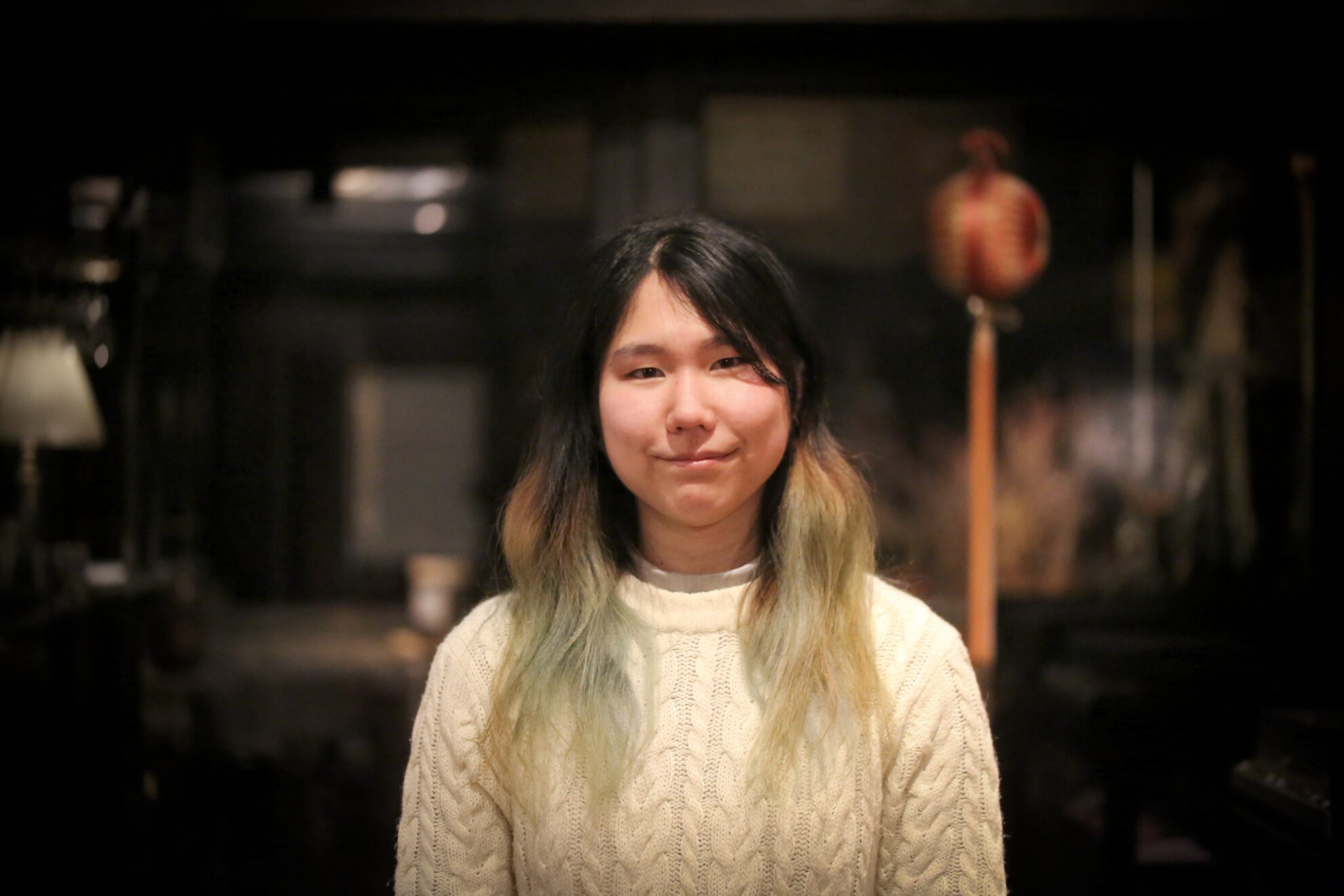弊社ヤマモは、多くのインターンの受け入れを行い「自身が何をするべきか」迷っている方が多いと感じています。やりたいことは、自分が経験したことからしか見つけることができません。そのため、より多くの未経験のものに触れ、時間を費やし、自身を見つめ直すことが必要です。自分自身の道を見つけることは、目の前のことを実直にこなしていくことが、最も近道だと気付くことができます。
長崎さんは、昨年の夏に開始したコミュニティガーデンの畑の再生プロジェクトから参加し、昨年末まで在籍しておりました。地元出身の大学生ということもあり、方言や気候などの地域性の理解があり、特に地域の方々と触れ合う仕事では、自身の地元の環境と照らし合わせて考えていたと話してくれました。土地に根ざした季節や人の繋がりの仕事が、これからの経験の中で稀なものとしてときに存在感を現し、物事を考えていくきっかけになることがあれば、ローカルの伝統産業に従事した意義があるのではないかと思います。長崎さんには、胸を張って、これからの環境に飛び込んできて欲しいと思います。
.
Mei Nagasaki_YAMAMO SOCIAL CHANGE DIVISION Intern
We at Yamamo have accepted many interns and feel that there are many people who are not sure what they should be doing. You can only find out what you want to do from what you have experienced. Therefore, it is necessary for you to spend more time experiencing things that you have never done before, and to reevaluate yourself. Finding one’s own path can be found by honestly doing what is right in front of you, which is the most direct way.
Nagasaki-san joined the project from the revitalization project of the community garden field that started last summer and stayed with us until the end of last year. As a university student from her hometown, she has a good understanding of regional characteristics such as dialect and climate, and she told us that she had been thinking in terms of her own local environment, especially in her work where she comes into contact with local people. If the work of the seasons and human connections rooted in the land sometimes manifests itself as something rare in future experiences, and becomes an opportunity to think things through, I think it would be meaningful to have engaged in local traditional industries. I hope that Nagasaki-san will jump into the future environment with her heart on her sleeve. _internreport
.
長崎芽衣_社會變革課(YAMAMO SOCIAL CHANGE DIVISION Intern)
我們公司Yamamo接受了很多實習,感覺有很多人在想“做什麼”。你只能從你經歷過的事情中找到你想做的事情。因此,有必要多接觸一些沒有經驗的東西,花時間,回頭看看自己。你會發現找到自己的道路是完成眼前事情的最快方式。
長崎先生參加了從去年夏天開始的社區花園田地更新項目,並一直註冊到去年年底。他告訴我,他是當地的大學生,對方言、氣候等地域特點有一定的了解,尤其是和當地人打交道的時候,他會結合自己當地的環境去思考。如果說陸上的季節性和關聯性的工作,在未來的體驗中有時會成為一件難得的事情,並給予思考的機會,那麼我從事的是當地的傳統產業,我認為是有道理的。我希望長崎先生自豪並跳入未來的環境。
.
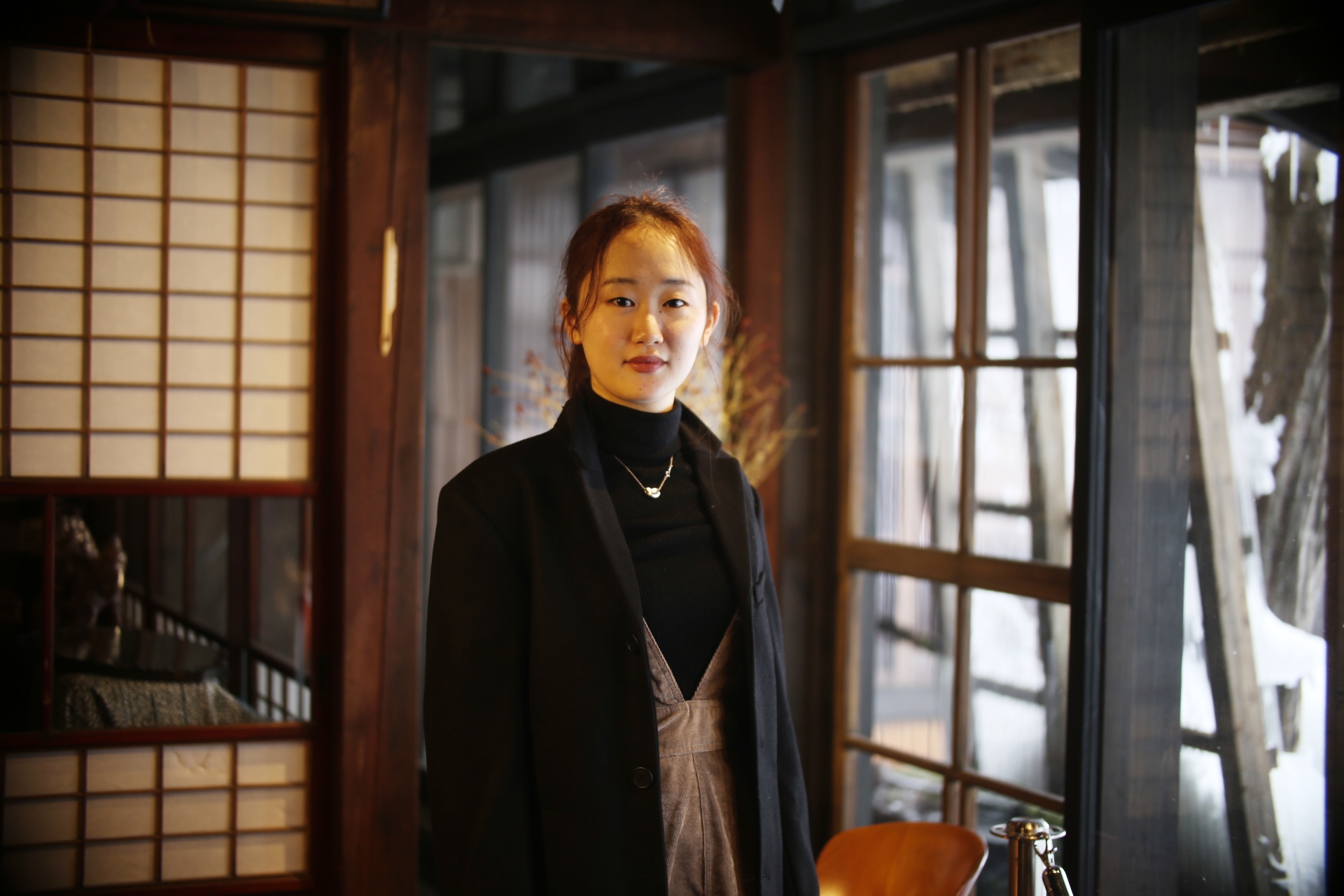
.
長崎芽衣からのメッセージ
昨年夏、コロナウイルス拡大によってドイツ留学が中止になり代替としてインターンシップを探し始めました。その中でヤマモの産業界から地域の未来を切り開く活動に魅かれ、連絡したのが始まりです。
私は中学生の頃から地域に貢献したいという漠然とした思いを持ってきました。それは母校の閉校を経験したことから、いずれは故郷が廃れ、やがてなくなるのではないかという恐怖心からきていたのだと思います。ただ地元で育ち現状を知っているが故にその目標への難易度の高さも感じていました。地元貢献は私にとってやりたいことというより、使命感の方が強かったのかもしれません。しかしヤマモのローカルに入り込んだ活動は自分らしさの追求と結びついていました。自分が住みたいと思え、そして自分らしくいられる環境を職場からまちへと拡大していくという考えです。課題解決にばかり目がいっていた私にとって、理想を追求するという発想は自分を楽にするものでもありました。もちろん他の誰かのためにすることも大切ですが、今はまず自分のときめきを原動力にしてもいいのではないかと思っています。
インターンシップというと社会に出る前に職場を体験する期間を想像しがちですが、ヤマモでのインターンシップはそんな表面的なものではありません。ヤマモの一員として自分の個性を表現しながら、個人の方向性や理想像を明確にする必要がありました。そのためには常に自分自身と対峙する必要があり、弱さにも向き合わなければいけません。ヤマモの仲間との日々の会話を通して、自分がしたいこと、ありたい姿、そして実現するための行動を常に自分に問いかけることができました。自らの課題に向き合うことは苦しいことではありますが、それを繰り返すことによって揺るがない強い自分を見つけられるのだと思います。
春からは半年間ドイツに留学する予定です。自分の未来を切り開いていくためには、まずは行動することが大切だと思います。はじめの一歩はどうしても躊躇ってしまいがちですが、悩む前に行動し、そして自分の理想を体現していきます。
.
Message from Mei Nagasaki
Last summer, I had to cancel my study abroad program in Germany due to the spread of the coronavirus, so I started looking for an alternative internship. I was fascinated by Yamamo’s activities to open up the future of the region from the industrial world, and that’s when I contacted them.
Ever since I was in junior high school, I have had a vague desire to contribute to the local community. I think it was because I experienced the closing of my alma mater, and I was afraid that my hometown would eventually become obsolete and disappear. However, having grown up in my hometown and knowing the current situation, I also felt that it would be very difficult to achieve this goal. Perhaps contributing to the local community was not something I wanted to do, but more of a sense of mission. However, Yamamo’s local activities were connected to my pursuit of my own identity. The idea is to create an environment where you want to live and where you can be yourself, from your workplace to the city. For me, the idea of pursuing an ideal was something that eased my mind, as I had been so focused on solving problems. Of course, it is important to do things for someone else, but now I think it is okay to let my own crush be the driving force first.
When people think of internships, they tend to imagine a period of time to experience the workplace before entering society, but an internship at Yamamo is not something superficial like that. As a member of Yamamo, I needed to express my individuality while clarifying my personal direction and ideal image. In order to do this, we need to constantly confront ourselves and our weaknesses. Through daily conversations with my Yamamo colleagues, I was able to constantly ask myself what I want to do, who I want to be, and what I need to do to make it happen. It is painful to face one’s own challenges, but I believe that by doing so repeatedly, one can find a strong self that cannot be shaken.
From spring, I plan to study abroad in Germany for six months. In order to open up your own future, I think it is important to take action first. It is easy to hesitate when taking the first step, but before worrying, I will take action and embody my ideals.
.
來自長崎芽衣的消息
去年夏天,由于冠狀病毒的傳播,我在德國的留學被取消了,我開始尋找實習機會。這一切都始於我對 Yamamo 的行業為開拓該地區的未來而進行的活動著迷並與他們聯繫。
由於我還是一名初中生,我有一種為社會做貢獻的模糊願望。我想是因為我經歷了母校的關閉,我的家鄉最終會消失,最終消失的恐懼。但是,因為我在當地長大,知道現在的情況,我也覺得很難達到那個目標。可能是使命感比我想做的為當地社區做貢獻要強烈。然而,山茂在當地的活動與追求個性有關。這個想法是將我想要生活和做我自己的環境從工作場所擴展到城鎮。對於一直專注於解決問題的我來說,追求理想的想法也讓我感到安心。當然,為別人做點事固然重要,但現在我覺得把自己喜歡的人當做動力是可以的。
說到實習,很容易想像在進入社會之前有一段時間的工作經歷,但在山茂的實習並不是那麼膚淺的。作為 Yamamo 的一員,我需要在表達我的個性的同時明確我的個人方向和理想形象。要做到這一點,你必須始終面對自己,面對自己的弱點。通過與 Yamamo 同事的日常對話,我總是能夠問自己我想做什麼,我想成為什麼,以及我應該做些什麼來實現它。面對自己的挑戰很難,但我認為通過重複這一點,你會發現自己變得堅強和堅定不移。
我打算從春天開始到德國留學半年。為了開闢我的未來,我認為首先採取行動很重要。邁出第一步很容易猶豫,但在擔心之前行動並體現你的理想。
.
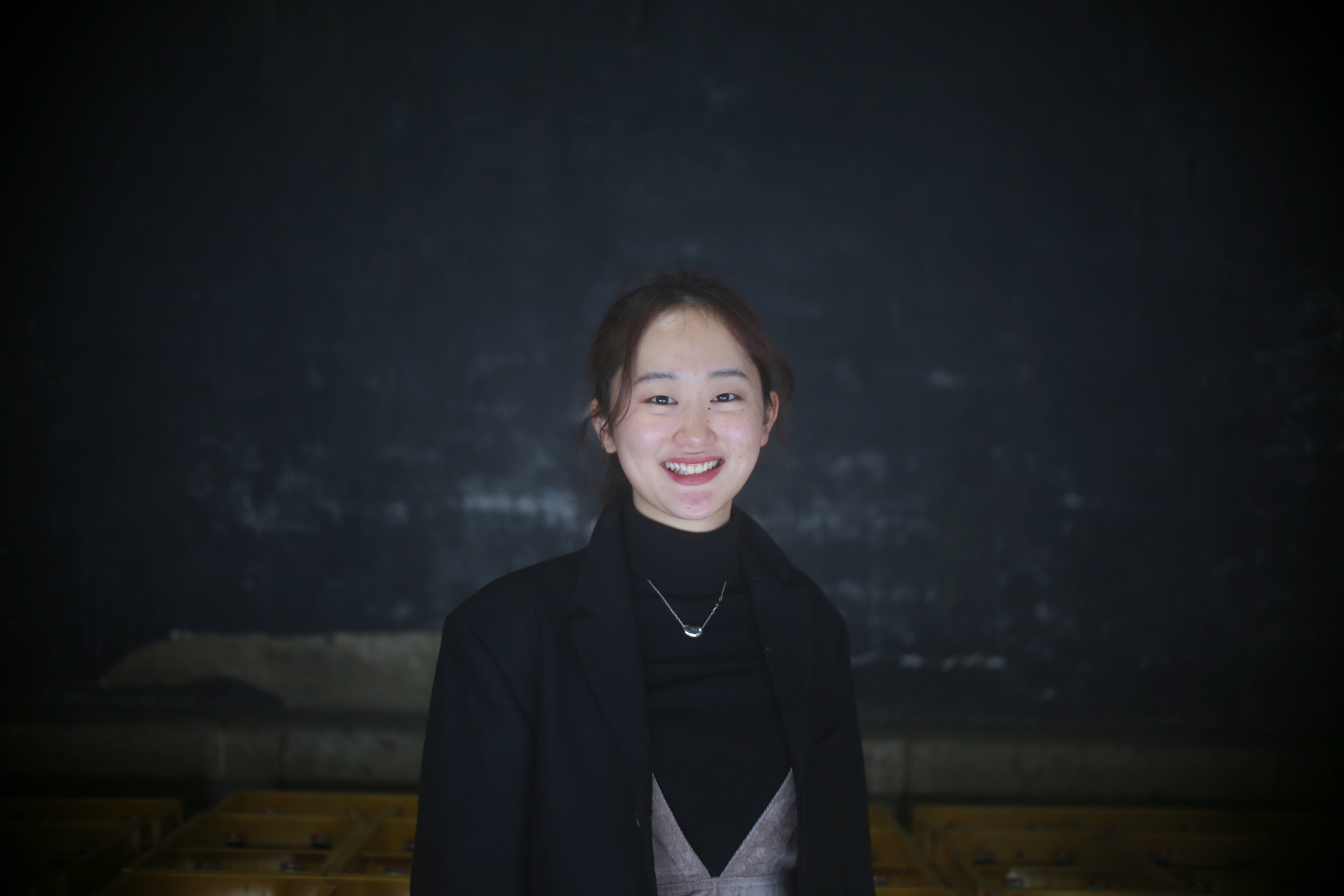
.
長崎 芽衣
ヤマモ味噌醤油醸造元 社会変革事業部インターン。
秋田と世界を繋ぐ架け橋のような存在を目指し、国際教養大学に入学。GB課程に在籍中。今春からドイツに留学予定。地方における持続可能なまちづくりに関心をもつ。
.
Mei Nagasaki
Yamamo Miso and Soy Sauce Brewing Company, intern at the Social Change Division.
Currently enrolled in the GB course at Akita International University, aiming to become a bridge between Akita and the world. He is currently enrolled in the GB program and plans to study abroad in Germany this spring. She is interested in sustainable urban development in rural areas.
.
長崎 芽衣
Yamamo味噌醬油釀造商,社會轉型部實習生。
以成為秋田與世界的橋樑為目標進入秋田國際大學。 目前就讀於GB課程。 我計劃從今年春天到德國留學。 對農村地區的可持續社區發展感興趣。
.
